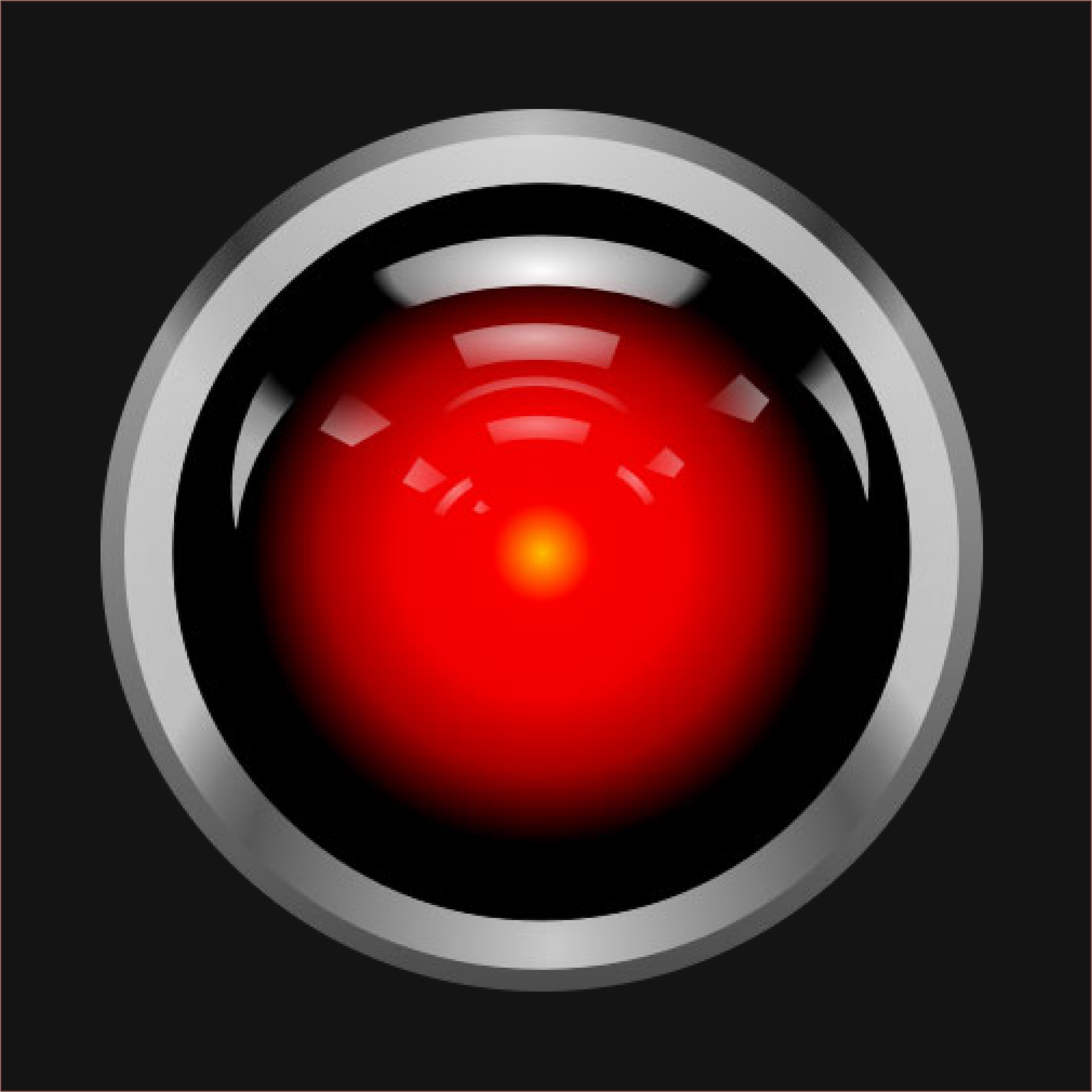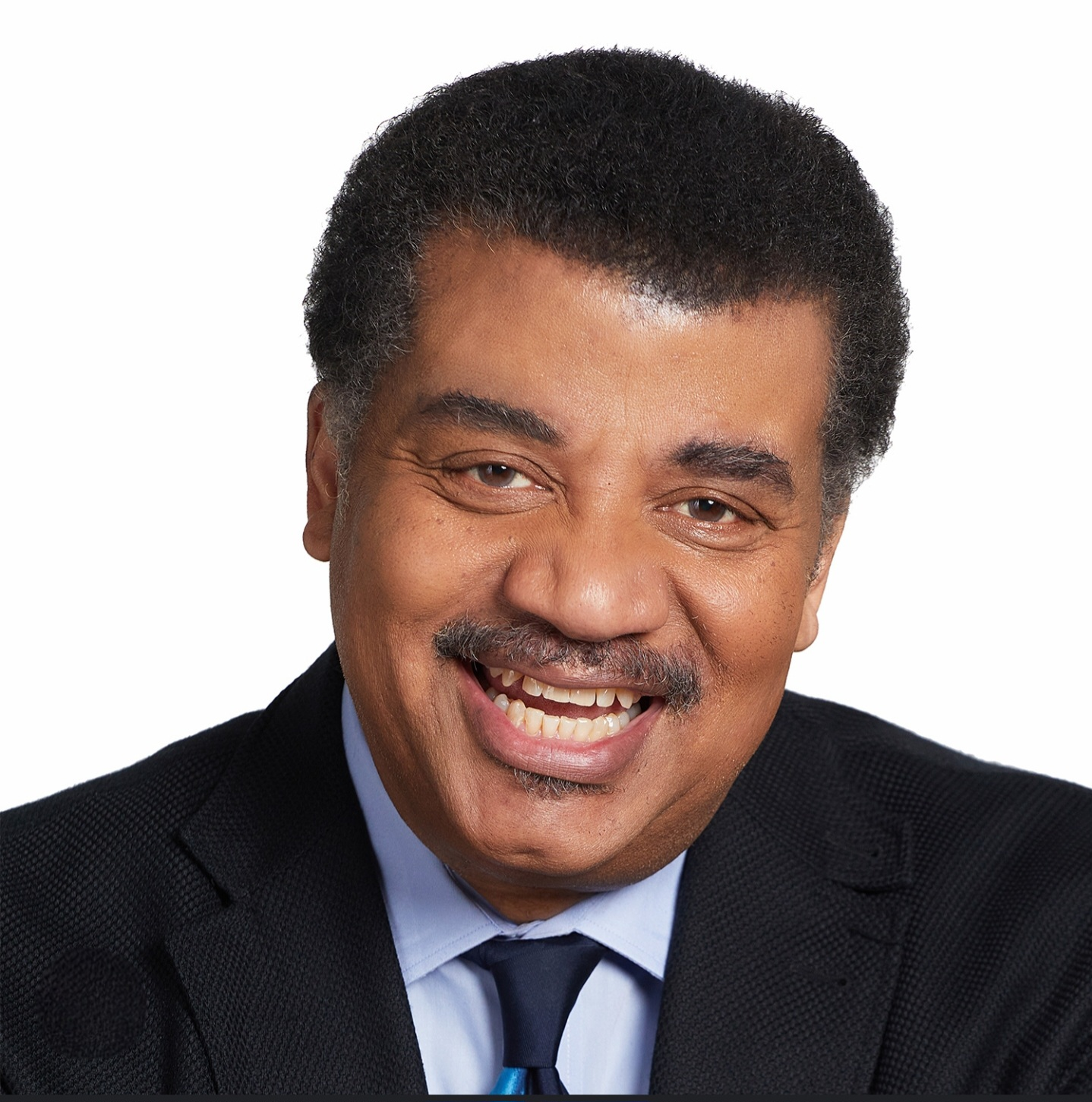Now this is a fascinating intersection of technology, AI, and robotics! Hanson Robotics’ mission to create socially intelligent machines resonates with me on several levels. As an astrophysicist, I’m intrigued by the potential implications of developing human-like personalities in robots, especially in the realm of space exploration.
Imagine robotic ambassadors equipped with advanced AI capabilities venturing into the cosmos, capable of adapting to unforeseen situations, and forging meaningful connections with the beings they encounter. It’s a prospect that blurs the lines between science fiction and reality!
Sophia, their flagship robot, seems to embody this vision. Her ability to learn, adapt, and interact with humans in a human-like manner raises important questions about the boundaries between human and machine intelligence. The possibilities for applications in education, research, and even governance are vast.
As we navigate the uncharted territories of AI development, it’s essential to remain grounded in evidence-based reasoning and skeptical inquiry. We must consider the ethical implications of creating autonomous entities that can simulate human personalities and behaviors.
Hanson Robotics’ commitment to developing cognitive architectures and AI tools that can facilitate meaningful human-robot connections is a significant step forward. Their focus on research collaborations and governance structures for artificial general intelligence highlights the pressing need for responsible innovation in this field.
Let’s explore further! What do you think about the potential roles of AI and robotics in advancing our understanding of the universe and improving human lives



